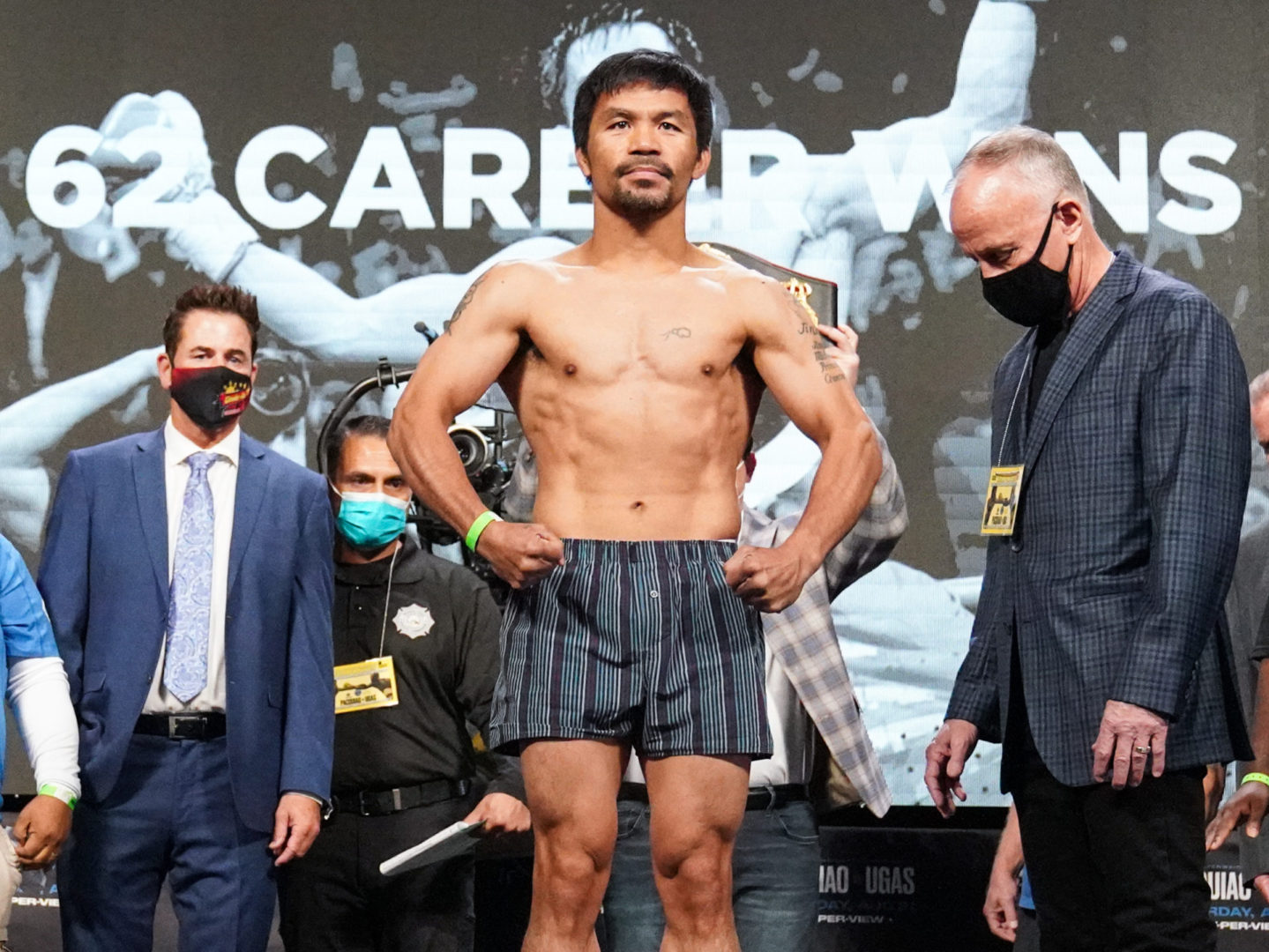Release this weekend of the film 42, Jackie Robinson’s story, is just another reason to wonder why Jack Johnson hasn’t been pardoned.
The movie is about a different time, a segregated America, when Robinson crossed baseball’s color line with the Dodgers in 1947. Reviews are mixed. But there’s no argument about the film’s value as history.
If 42 is a historical lesson, however, Johnson is history unresolved.
Perhaps it’ll take a modern-day Branch Rickey to get Barack Obama’s signature on a presidential pardon urged by Congress in a resolution asking that the first African-American heavyweight champ be cleared of a 1913 conviction.
As hard as it is to hear epithets and insults hurled at Robinson in 42, it’s even harder to explain why Johnson has never been pardoned for a so-called crime. Johnson was known to date white women. He was convicted by an all-white jury for violating a law, the Mann Act, which made it illegal to transport white women across state lines for “immoral purposes.” He spent a year in prison.
Obama had a chance in 2009 to sign the pardon, which has been pursued since 2004 by Arizona Senator John McCain, a former boxer at the Naval Academy whose stubborn tenacity says he never threw in the towel during his Midshipman days.
Department of Justice officials overseeing pardons said then that the process better serves the living. Tell that to Johnson’s great grand kids, many of whom still live in his hometown, Galveston, where they gathered March 31 for what would have been his 135th birthday. They sent a video to Obama, asking for the pardon. Their ancestor’s story is still very much alive, as it is for all of his descendants, who in a historical context include Robinson.
Late tennis great Arthur Ashe once called Johnson the most important African-American athlete in history. There was no bigger event, Ashe said, than Johnson’s victory in 1910 over Jim Jeffries, the original Great White Hope.
“I can just imagine that here I am – black,’’ Ashe told Charles Fountain, a journalism professor at Northeastern University, in a 1988 interview. “Maybe sitting around a pot-bellied stove somewhere in the rural South. And hearing that Jack Johnson has just won the heavyweight championship. I’ve got to feel 10-feet tall. And let’s say that I’m 70 years old. What can I think of in my life that would have made me feel 10-feet tall? There’s nothing to name. This is it.
“Here is the black man going up against the white man. And the black man not only came out ahead. He pulverized him. In public. And destroyed a myth that had been held, maybe for centuries. Maybe since slavery began.”
What Johnson did and his heavyweight successor, Joe Louis, continued in 1938 with a rematch victory over Nazi Germany’s Max Schmeling are monuments in the timeline that leads to Robinson. Robinson was the lone individual whose courage, poise and inexhaustible patience allowed him to confront an American establishment then ruled by a tradition of segregation. He changed minds. Johnson let him know that he could.
There’s also a film about Johnson, a Public Broadcasting Service documentary aired in 2004 and directed by Ken Burns, who has has lobbied for a pardon. The film’s title: Unforgivable Blackness: The Rise and Fall of Jack Johnson.
Still unforgivable.
And unfathomable.










